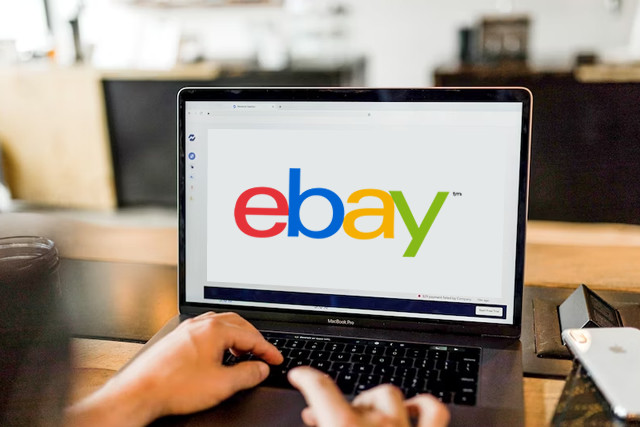 Starting an eBay business involves multiple steps, from researching the market to ensuring you have a clear understanding of eBay’s rules and fees. Here’s a step-by-step guide to help you get started:
Starting an eBay business involves multiple steps, from researching the market to ensuring you have a clear understanding of eBay’s rules and fees. Here’s a step-by-step guide to help you get started:
-
Research and Decide on a Niche:
- Before diving in, figure out what products you want to sell. This could be based on personal interest, current trends, or identified market gaps.
- Some people start by selling unwanted items from their homes to get a feel for the platform and learn the basics.
-
Create an eBay Account:
- If you haven’t already, sign up for an eBay account. Consider creating a business account if you’re serious about making it a business.
-
Set Up a PayPal Account:
- eBay uses PayPal as one of its primary methods for payments. By setting up a PayPal account, you can quickly and safely receive payments for your sold items.
-
Business Legalities:
- Depending on where you live, you might need a business license.
- Consider forming an LLC or another type of legal business entity to protect your personal assets.
- Consult with a tax professional to ensure you understand your tax obligations, including sales tax.
-
Consider eBay Store Subscription:
- As your business grows, you might want to consider subscribing to an eBay Store. It offers more tools for sellers and can reduce fees in certain categories.
-
Create Listings:
- Take clear photos: Ensure the images are high-quality and show the product from different angles.
- Write clear descriptions: Provide all necessary information and be honest about the condition of the item.
- Choose a pricing strategy: Decide whether you want to list items as "Buy It Now" or auction.
- Decide on shipping: Will you offer free shipping, flat-rate, or calculated shipping? Consider using eBay’s Global Shipping Program if you’re open to international sales.
-
Customer Service:
- Answer queries promptly and clearly.
- Ship items as soon as they are sold. Use tracking to ensure packages are delivered and to protect yourself from disputes.
- Handle any issues or returns professionally.
-
Feedback & Reputation:
- Positive feedback is crucial on eBay. Encourage satisfied customers to leave feedback and always strive to resolve any negative feedback amicably.
-
Manage Your Finances:
- Keep accurate records of all sales, expenses, and profits.
- Consider using accounting software or hiring an accountant, especially as your business grows.
-
Continuously Learn and Adapt:
- eBay is a dynamic platform with changing trends, rules, and market conditions. Regularly review your strategies, attend webinars, join eBay seller communities, and keep up with platform updates.
- Diversify Your Income Streams:
- As you get more comfortable with eBay, consider branching out to other platforms like Amazon, Etsy, or even your website.
- Stay Updated on Fees:
- eBay has listing fees, final value fees, and other charges. Make sure you’re aware of all costs so you can price your items effectively.
Starting an eBay business requires dedication, research, and adaptability. As with any business venture, be prepared to put in the effort and time to make it successful. With careful planning and a commitment to excellent customer service, you can build a profitable enterprise on eBay.
